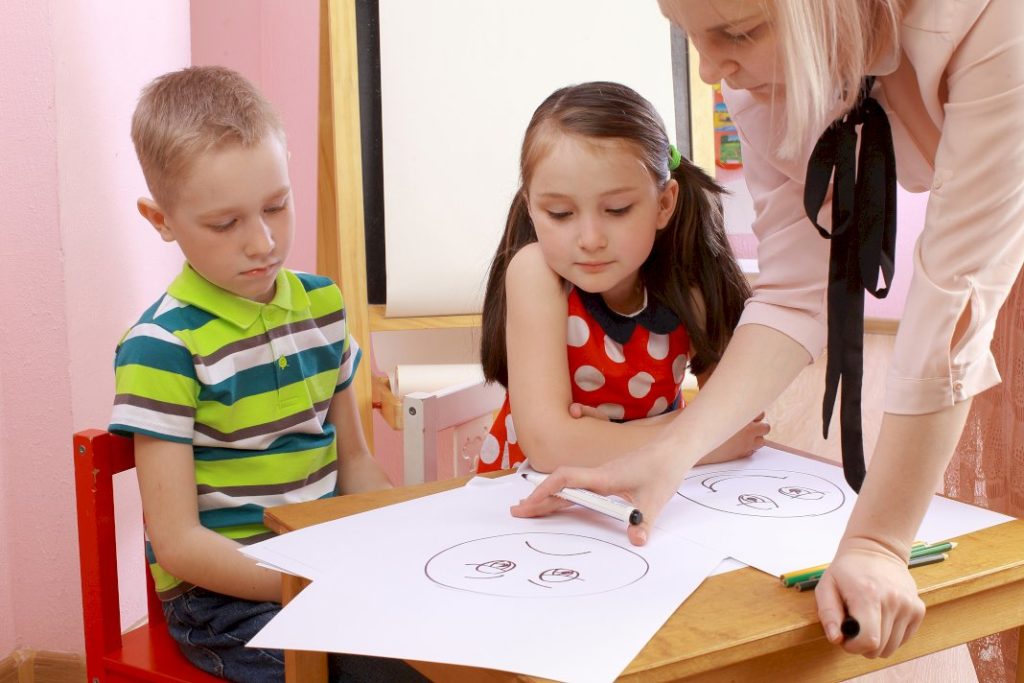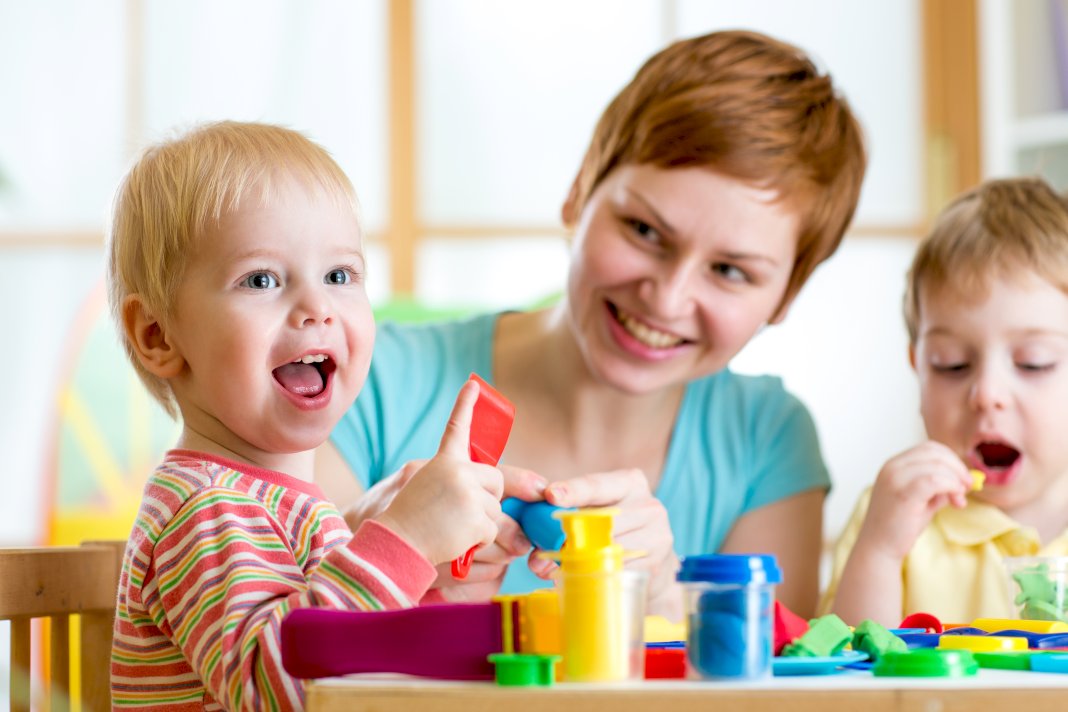- Social cognitive development is crucial for children to interact successfully, understand social cues, and build relationships.
- Fostering social cognitive development enhances children’s communication skills, empathy, teamwork, and self-esteem.
- Children with strong social cognitive skills excel academically and can navigate complex social situations effectively.
- Parents can support this development by encouraging social interaction, modeling positive behaviors, and providing a nurturing environment.
- Social cognitive development, an ongoing lifelong process, is equally important as academic achievement for a child’s success.
Parents and caregivers want to raise healthy, happy, and successful children. However, parents often focus solely on academic achievement, neglecting the importance of social-cognitive development in their children. Social cognitive development concerns a child’s ability to interact with others, understand social cues, develop empathy, and build relationships. Focusing on social cognitive development can help your children develop the necessary life skills to build positive relationships, navigate complex social situations, and succeed in school and beyond.
What is Social Cognitive Development?
According to the American Psychological Association, social cognitive development is how children acquire the knowledge and skills necessary for successful social interactions, including understanding and responding appropriately to social cues, developing empathy, and building relationships. This development begins in early childhood and continues throughout adolescence.
The Importance of Social Cognitive Development
While academic achievement is essential for a child’s future success, social cognitive development is vital to their well-being and success. Here are some reasons why:
1. Improving Communication Skills
Social cognitive development provides children the tools to communicate effectively, from speaking and listening to nonverbal cues such as body language and facial expressions. Children with strong social cognitive skills can negotiate, compromise, express themselves clearly, and resolve conflicts peacefully.

2. Developing Empathy
In today’s world, empathy is a crucial skill. It allows children to appreciate someone else’s perspective, understand their emotions, and respond with kindness and compassion. Social cognitive development is critical to cultivating empathy. Children with strong social cognitive skills can understand body language and nonverbal cues that help interpret others’ feelings. They can also recognize emotions in others and communicate their own emotions effectively, creating a strong bond of trust and mutual respect.
3. Enhancing Teamwork
Teamwork is an essential life skill, and social cognitive development plays a vital role in acquiring those skills. Children with strong social cognitive skills work well in groups, recognize the strengths and weaknesses of others’ teamwork skills, and can effectively work with others to accomplish common goals.
4. Building Self-Esteem and Confidence
Social cognitive development significantly affects a child’s self-esteem and confidence levels. Children with strong social cognitive skills understand their emotions and can communicate them effectively, leading to a healthy self-image. They can also understand feedback and use it to improve their skills, which leads to higher self-esteem.
5. Success in School and Beyond
Social cognitive development is essential to our children’s academic success. When children develop the necessary social cognitive skills, they can navigate complex social situations at school, interact appropriately with teachers and peers, and build positive relationships.
How to Improve Your Child’s Social-Cognitive Development
Here are some ways parents and caregivers can support their child’s social cognitive development:
1. Encourage Social Interaction
Provide opportunities for your child to interact with others in playdates, extracurricular activities, or group projects. These experiences allow children to practice social skills in a safe and controlled environment.
2. Enroll Them in Childcare
Your children must be exposed to professionals and other children. This is why it’s important to enroll them in a local childcare center. These centers provide a structured environment where children can learn and practice social skills with their peers under the guidance of trained professionals.
3. Model Positive Social Behaviors
Children imitate what they see, so parents and caregivers must model positive social behaviors in their interactions. This includes being respectful, empathetic, and communicating effectively.
4. Teach and Practice Social Skills
Take the time to teach your child specific social skills, such as active listening, conflict resolution, and empathy. Then, provide opportunities for them to practice these skills in real-life situations.
5. Foster a Positive Home Environment
A positive home environment is crucial for a child’s social-cognitive development. Ensure your home is a safe and nurturing space where children feel comfortable expressing their feelings and practicing social skills.
While academic achievement is essential for a child’s future success, social-cognitive development is equally important. By focusing on your child’s social cognitive development, you are setting them up for success in building positive relationships and excelling academically and beyond. Remember, social-cognitive development is a lifelong process that requires ongoing support and guidance from parents and caregivers – but the benefits for your child are immeasurable.


